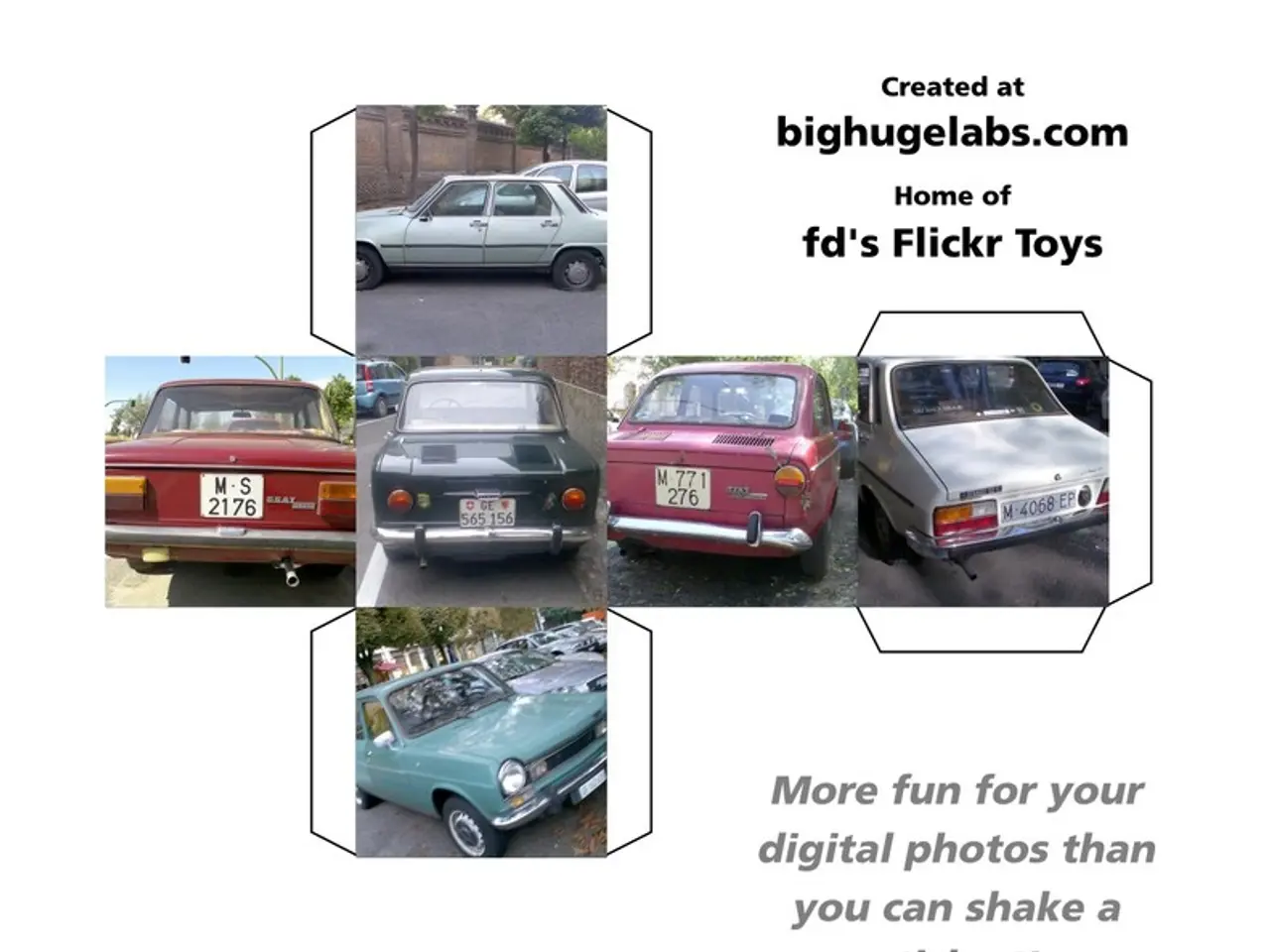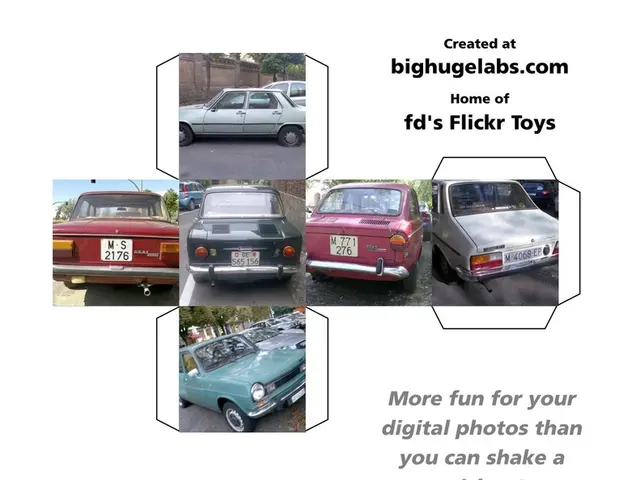Alert to Auto Manufacturers: Nopper's Directions for the Car Sector
Headline: Mayors' Initiative for a Strong Automotive Location Finds Support in Union-SPD Coalition Agreement
In a significant development, the "Citizens' Initiative for a Strong Automotive Location" has seen one of its central demands fulfilled in the coalition agreement of the Union and SPD, following the recent federal election. This initiative, based in Stuttgart, is a collective effort of mayors from several cities, including Stuttgart, Sindelfingen, Böblingen, Heilbronn, Schwäbisch Gmünd, Neckarsulm, Gaggenau, Rastatt, and Friedrichshafen.
The mayors, who represent a total of 800,000 jobs in the automotive industry across the republic, are particularly concerned about the potential EU ban on internal combustion engines, especially those operated exclusively with e-fuels. Frank Nopper, the Mayor of Stuttgart, has expressed his approval of the direction taken by the future federal government and the EU Commission in this regard.
The initiative's position paper states a clear commitment to the automotive location and technological openness. The mayors advocate for more flexibility and openness in drive technologies, believing that the key automotive industry should not be gradually lost. They see the success of the automotive industry as being dependent on the performance of the public hand in areas such as education, social balance, environmental, and climate protection.
The coalition agreement includes an active commitment to ward off penalty payments due to fleet limits and to advance the review of EU CO2 reduction targets for heavy commercial vehicles and trailers. It also emphasizes maintaining good framework conditions for automakers and suppliers, aiming to secure jobs while aligning with climate goals. The agreement further commits to supporting the transformation towards sustainable and digital mobility, including increased funding for electric vehicle infrastructure, battery production, and research into hydrogen technology.
The future federal government, as well as the EU Commission, have moved in a direction that acknowledges the importance of the automotive location. The mayors, who have organized themselves to collectively represent the municipal voice, consider this active commitment a "great success." The EU Commission is also involved in the commitment to the automotive location.
The key demands of the "Citizens' Initiative for a Strong Automotive Location"—job security, innovation support, investment incentives, and fair regulations—are reflected in broad terms in the coalition agreement’s commitments to a sustainable yet competitive automotive industry. However, specifics on how each demand is exactly met depend on evolving policies and implementations beyond the coalition agreement's framework.
In an interview with the Staatsanzeiger, Frank Nopper, the Mayor of Stuttgart, commented on this development, expressing his satisfaction with the direction taken by the future federal government and the EU Commission. The mayors remain vigilant, ensuring that the commitments made in the coalition agreement are translated into concrete actions to preserve and strengthen the automotive industry in Germany.
Read also:
- Deepwater Port Construction Permits for Projects within the South Central Region's Air Regulations
- Citizen Thekla Walker, Minister, urges: "Let's face our responsibilities at home"
- Editorial Correspondence: Justifying the Elimination of a Program Earmarked for Reducing Our Own Carbon Footprint?
- Investment of $20 million in an eco-friendly ammonia production facility in Africa by SA-H2 fund








